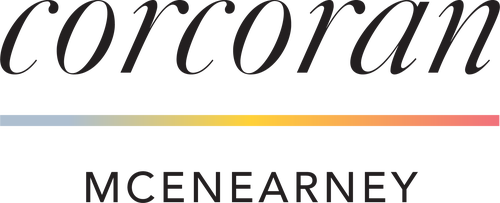We know. Learning about homeowners insurance isn’t the most scintillating way to spend your time. But if you own or are considering buying a home, it’s imperative to understand why it’s needed, how much is needed, and how to get the right coverage … before it costs you more than you expect.
Your home is more than a place to make lifetime memories. It’s likely the biggest financial asset you have that will likely continue to grow in value over time. Protecting that asset is where homeowners insurance enters the picture.
Homeowners insurance is different from a home warranty (which covers appliances, systems or structures in a home), hazard insurance (which only covers the structure of a home), or title insurance (which protects against claims of ownership or liens on the home).
In short, homeowners insurance is a form of property insurance that covers losses and damages to an individual’s residence, along with furnishings, jewelry, and other assets in the home. Homeowners insurance also provides liability coverage against accidents in the home or on the property.
Having insurance in place is generally required for buyers acquiring a mortgage and a lender will set a deadline by which a policy has to be in place prior to closing. At the very least, properties without a mortgage should still have liability insurance coverage for accidents that occur to others in the home or on the property.
First-time homeowners will need to account for this new expense in their monthly housing costs, while existing owners will want to keep watch for rising rates and changes in their household. Determining how much insurance coverage you need is based on a number of factors:
- What is the replacement cost of the home? This is not the same as the price of the home when it sold (a.k.a. market value of home and the land it sits upon) and is determined by construction costs, material, and labor. Land is not considered in replacement cost but additional structures on the property would be.
- What is the potential for a natural disaster where the property is located? Areas subject to hurricanes, tornadoes, fire, landslides, or other natural “perils” will likely require more coverage and at higher premiums, while properties subject to flooding or earthquakes may not be covered at all or will require an additional and specific insurance rider (at additional cost).
- Is your home located in a high-risk area for crime or accidents, or far from a fire hydrant,? Does it have a pool, or have other unique qualifiers like being a historic property? Insurers will drill down to find details like this that can affect your premium.
- What is the age, size, and condition of the property? Insurance for a home that’s more than 30 years old can be up to 75% higher when compared to a new home, and properties with older electrical and plumbing systems or show signs of decay will affect premium pricing.
- What is your credit score? According to Experian, a major credit-monitoring company, while the algorithms insurers use are different from lenders to determine a “worthiness score,” insurers will evaluate the potential to file a claim, which will affect premium rates.
Once you’ve estimated how much coverage you’ll need, the next step is to select an insurer. Anyone who has turned on their TV knows there is no limit to the number of companies vying for your business (surely you’ve seen commercials with Martin the Gecko, Flo, Jake, Mayhem… the mascot list goes on), and there are plenty of online calculators to help get ballpark estimates and compare coverage. If you already have another type of insurance policy in place – such as auto, personal property, renter’s coverage – ask if your current insurer will offer a bundled discount. If you are brand new to the insurance market, ask around for recommendations; your Realtor, your lender, your neighbors are a great way to crowdsource worthy companies.
Evaluate your homeowners policy at least annually, and update immediately following any important changes to your home or when you experience major life events. Contact your insurer to update coverage OR receive a discount on your premium if you experience any of the following:
- Home expansion, improvements, and renovations
- New furnishings and electronics
- Installation of security devices
- Addition of energy-efficient appliances, windows, roofing, etc.
- Installation of solar panels
- Add or remove family members living in the home (including pets!)
- Acquire new assets like jewelry, artwork, antiques, etc.
- Begin or end working from home
- Retire
With a little bit of research and an annual review of current coverage, your homeowners insurance should be one of the easiest and most cost-effective ways to protect your home and all that dwells within it. And that’s anything but boring!






